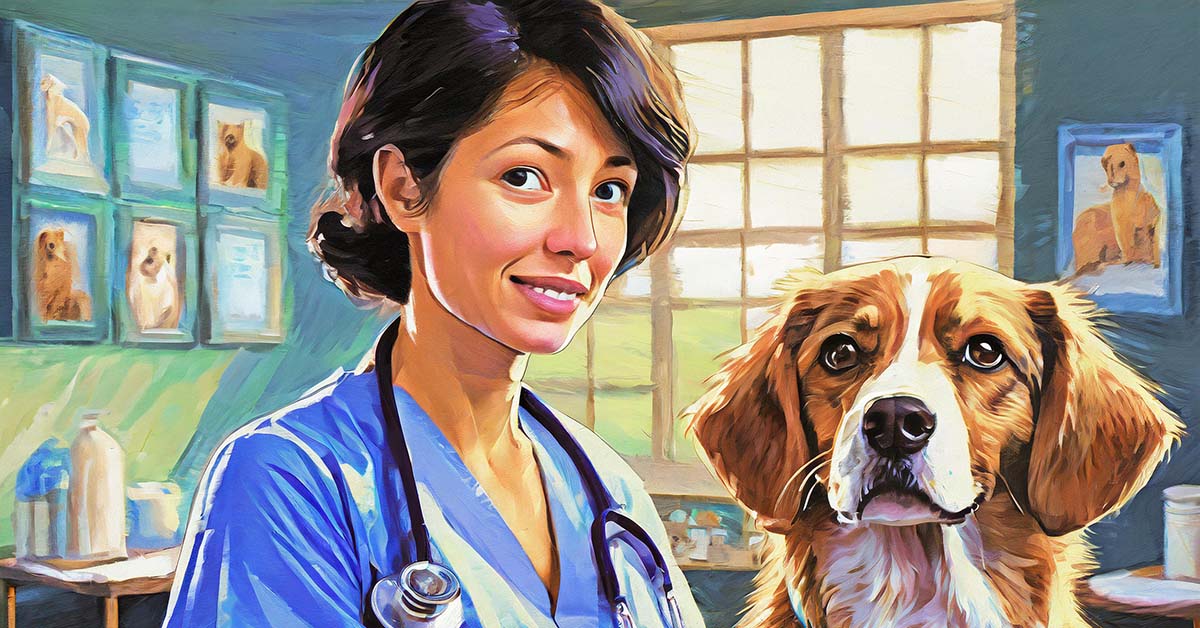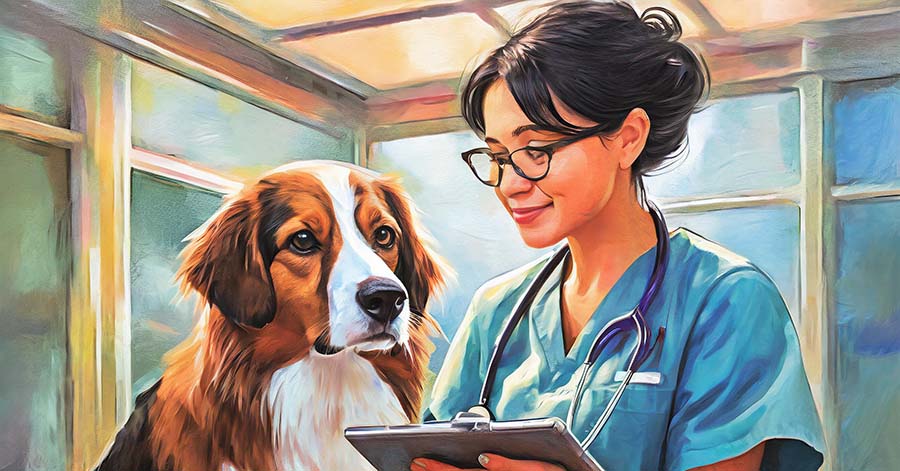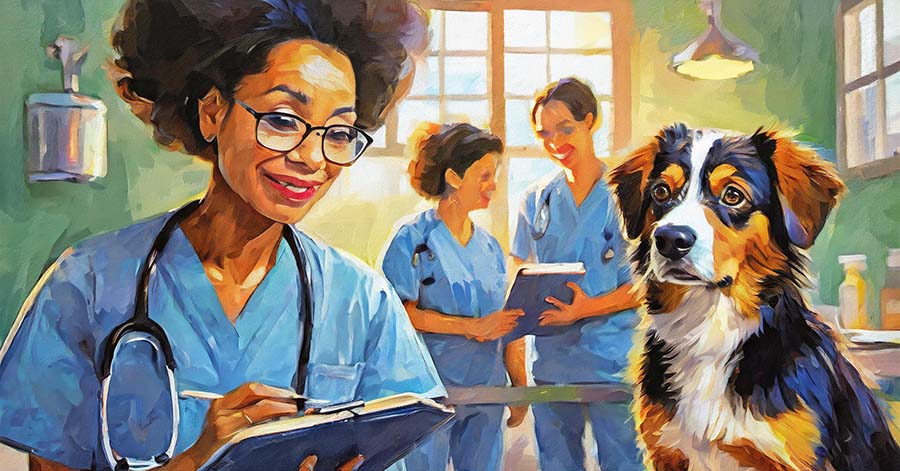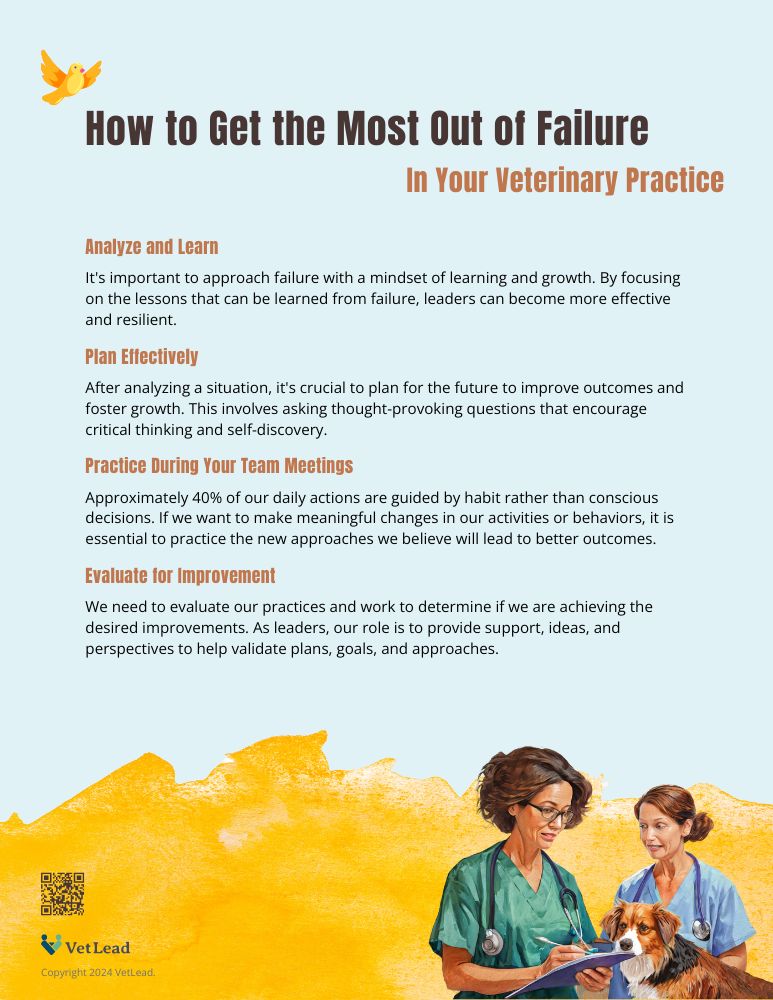It's well-known that success often follows a series of failures. As humans, we tend to be averse to failure, but as leaders, we need to embrace it as a critical step on the path to achievement. By reframing our perception of failure and learning from our mistakes, we can empower ourselves and our teams to reach new heights of success.
Mistakes: A Natural Focus in Your Practice
Managers often spend a significant amount of time identifying and emphasizing errors. This is a human tendency to notice and be drawn to things that are broken, incorrect, or out of place.
The Importance of Recognizing Positive Aspects
While it's important to address mistakes, the same level of attention is often not given to positive aspects. Extra effort, well-executed reports, and diligent work often go unnoticed or underappreciated.
It's also important to recognize that positive actions are just as real and prevalent within a team. Positive reinforcement can motivate team members and create a more positive work environment.
The Role of Veterinary Leaders in Addressing Mistakes

Evan as mistakes and failures are more likely to grab our attention, leaders have a responsibility to take the necessary steps to help the team improve when errors occur.
In Leadership, Responding to Failure Matters
Our response to failure, whether ours or others', can significantly impact the outcome. While raising awareness of errors is important, it's important to avoid fixating solely on pointing out flaws. As leaders, we should aim to help individuals learn from their mistakes and move forward constructively.
Acknowledge, But don’t Dwell
Unfortunately, many people tend to dwell on failures, engaging in negative self-talk that reinforces feelings of inadequacy or regret. This approach, however, doesn't lead to reduced failures; rather, it increases the likelihood of repeating the same mistakes. The key is to not just acknowledge the error but also decide on a new course of action.
Failure can actually be a valuable step in the journey toward progress. It can help us identify new paths, solve persistent problems, and guide our team members toward reaching their full potential. Embracing failure as an opportunity and taking specific steps to learn from it can lead to significant growth and development.
How Veterinary Leaders Can Learn from Failure
1. Analyze and Learn
Analyzing failures can be a valuable learning experience for leaders. It's not about dwelling on mistakes or blaming others. Instead, it's about understanding the steps that led to the failure and identifying opportunities for improvement.

Here are some questions leaders can ask themselves or their teams when analyzing a failure:
It's important to approach failure with a mindset of learning and growth. By focusing on the lessons that can be learned from failure, leaders can become more effective and resilient.
2. Plan Effectively in a Busy Veterinary Hospital

After analyzing a situation, we have to plan for the future to improve outcomes and foster growth. As managers, we often find ourselves short on time and may neglect planning in favor of addressing immediate issues. However, it's essential to resist the urge to simply tell others what to do. Instead, we should guide them through a learning process.
Effective planning involves asking thought-provoking questions that encourage critical thinking and self-discovery. Here are some examples:
By asking these questions, we can help others learn from their experiences and develop their own solutions. This approach fosters a culture of continuous improvement and empowers individuals to take ownership of their work.
3. Practice During Your Team Meetings
Approximately 40% of our daily actions are guided by habit rather than conscious decisions. If we want to make meaningful changes in our activities or behaviors, it is essential to practice the new approaches we believe will lead to better outcomes.
Define Success Through Repetition
When a team member submits a report that lacks thoroughness and thoughtful consideration, we can help them create a plan for improvement by using our picture of success. We can ask questions like, "If you wanted me to read this report and be convinced that it is diligent, thoughtful, and thorough, how would you approach it?"

We can then work with them to think of ways to plan for that definition of success. This involves using questions to help them practice:
The Power of Mental Rehearsals
As leaders, we must do everything we can to help our team members get repetitions with the new behaviors they have planned. The human brain is fascinating in that mental repetitions, simply thinking through the new process in detail, are just as effective as actual live practice repetitions. We can encourage mental rehearsals even if it might be a while before the team member has a chance to do that same kind of work.
Practice is critical if we want to turn our intentions for better work into a set of habits that actually result in improved outcomes.
4. Evaluate for Improvement
It’s crucial to evaluate our practices and work to determine if we are achieving the desired improvements. As leaders, our role is to provide support, ideas, and perspectives to help validate plans, goals, and approaches.

Learning from Successes and Failures
Humans learn effectively when they understand what they are doing well and what is working better. The failure itself is not the teaching point, but rather the actions we take in response to it. These actions help us become more successful by integrating new knowledge into our mental maps, allowing us to learn and adapt.
The Significance of Positive Outcomes
Recognizing that 2+2 equals 4, rather than 5, changes our mental map of successful addition. This positive outcome provides us with valuable information that contributes to our learning process.
Conclusion: Learning from Failure in Your Veterinary Practice
Failure is an integral part of the learning process, not just a teaching tool. To become a leader who transforms failures into future successes, focus your time and energy on exploring, defining, and practicing that future success with others and yourself.
As a leader, you have the choice to be the one who helps others achieve more or the one who points out their shortcomings. But remember, merely announcing or focusing on failures does little to foster success. This holds true for both yourself and the people you lead.

Download this Accompanying PDF Now
Share it with leaders and teams or post it on your board. No email address required.
Have you turned failure into opportunities for growth in your practice? Share you story in the comments below.